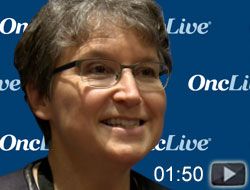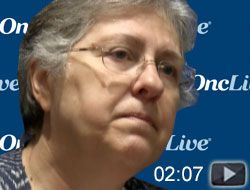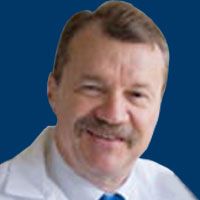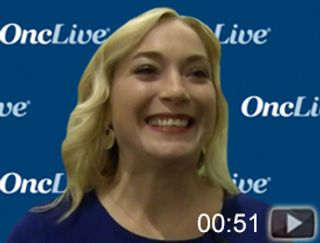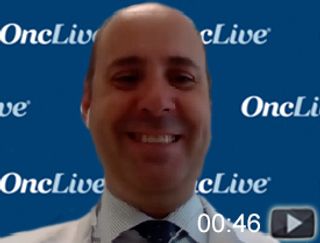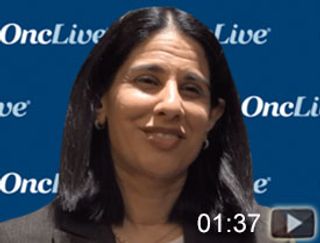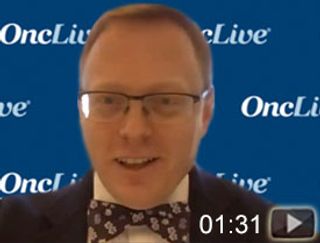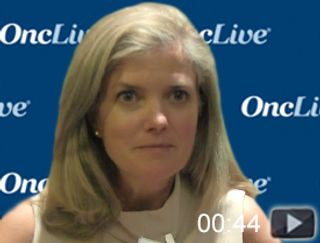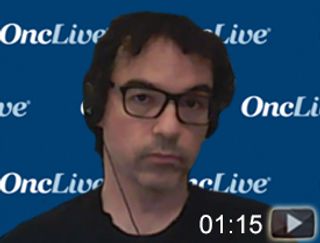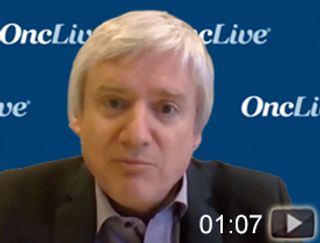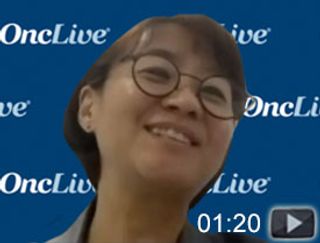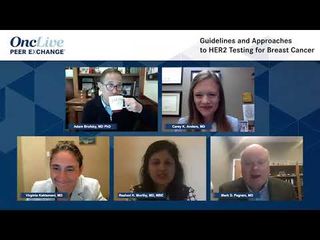
Breast Cancer
Latest News
Latest Videos

CME Content
More News
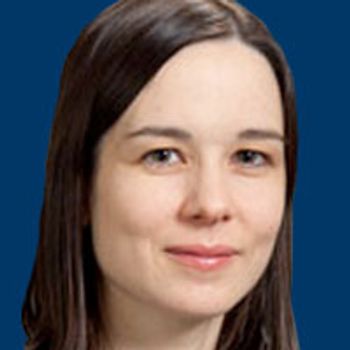
The major advance of the MRI-guided radiotherapy system is the ability to visualize the lumpectomy cavity before and during the delivery of each treatment.

Brigid Killelea, MD, MPH, FACS, associate professor of surgery (oncology), Yale Cancer Center, discusses the potential of nipple-sparing mastectomy for women who undergo surgery for breast cancer.
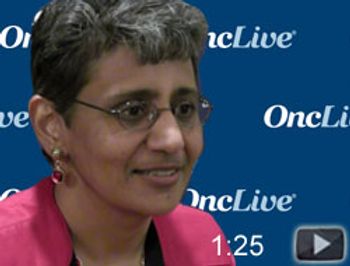
Anees B. Chagpar, MD, associate professor of Surgery (Oncology), director of The Breast Center at Smilow Cancer Hospital at Yale-New Haven, Yale Cancer Center, explains some of the most discussed topics in breast cancer. Chagpar was recently the chair at the State of the Science Summit on Breast Cancer held Sept. 15.
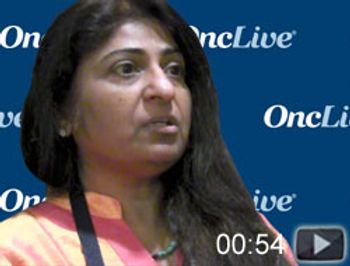
Malini Harigopal, MD, associate professor of Pathology, interim director of Breast Pathology, Yale School of Medicine, Yale Cancer Center, discusses the advancements in the pathology of breast cancer.

Tara Sanft, MD, assistant professor of medicine, medical director of adult survivorship for the Yale Cancer Center Survivorship Clinic, discuses advancements in HER2-positive breast cancer.

Erin Wysong Hofstatter, MD, associate professor, co-director, Cancer Genetics and Prevention Program, Yale Cancer Center, discusses the important factors for identifying potentially high-risk patients in breast cancer.

The FDA has accepted a new drug application for neratinib as an extended adjuvant therapy for patients with HER2-positive breast cancer following prior treatment with postoperative trastuzumab.

The Committee for Medicinal Products for Human Use has recommended approval of palbociclib for patients with HR-positive, HER2-negative metastatic breast cancer, either in combination with an aromatase inhibitor in the frontline setting, or combined with fulvestrant after progression on endocrine therapy.

Denise A. Yardley, MD, senior investigator, Breast Cancer Research Program, principal investigator, Sarah Cannon Research Institute, discusses some of the emerging agents in HER2-positive breast cancer.

It is important to achieve a complete and thorough understanding of triple-negative breast cancer in order to most effectively treat patients.
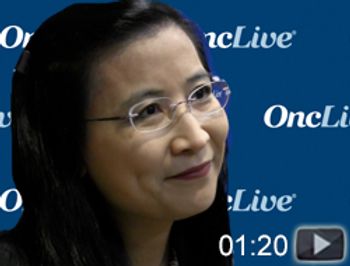
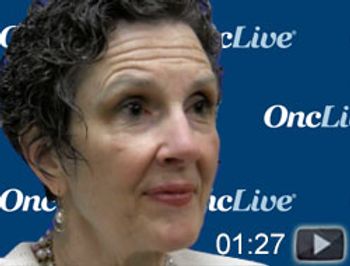
Joyce O'Shaughnessy, MD, co-chair, breast cancer research, chair breast cancer at Baylor University Medical Center, discusses precision medicine in triple negative breast cancer.

Julia White, MD, professor of Radiation Oncology, Ohio State University Comprehensive Cancer Center, discusses the omission of radiation therapy for patients with breast cancer.
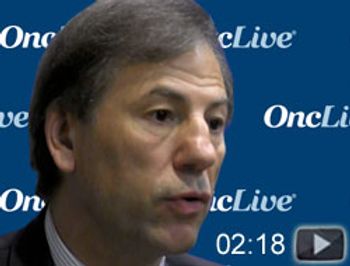
Eleftherios P. Mamounas, MD, surgical oncologist, UF Health Cancer Center - Orlando Health, discusses the common adverse events associated with mastectomy and breast conserving surgery for patients with breast cancer, as well as how oncologists can best manage these toxicities.

Obesity is more prevalent in cancer survivors, specifically in those with a history of breast or colorectal cancer, compared with those without any history of disease.
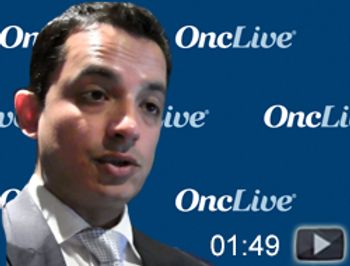
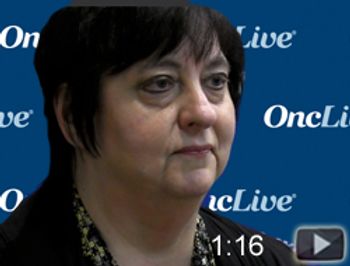

Julia White, MD, professor of Radiation Oncology, Ohio State University Comprehensive Cancer Center, discusses the relationship between multigene assays and radiation therapy in patients with breast cancer.
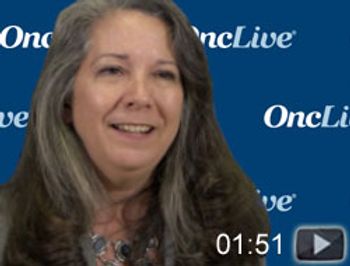
Kathleen L. O'Connor, MD, professor, associate director of Cancer Education, Department of Molecular and Cellular Biochemistry, University of Kentucky Markey Cancer Center, discusses the ongoing research in the field of breast cancer.
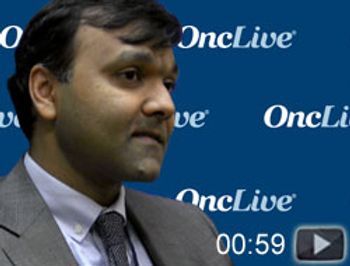
Sarat Chandarlapaty, MD, PhD, medical oncologist, Memorial Sloan Kettering Cancer Center, discusses the role of the PI3k pathway in patients with metastatic breast cancer.

Approximately 46% of patients with breast cancer at high risk for recurrence but low genomic risk with the 70-gene breast cancer recurrence assay (MammaPrint) might not require adjuvant chemotherapy.
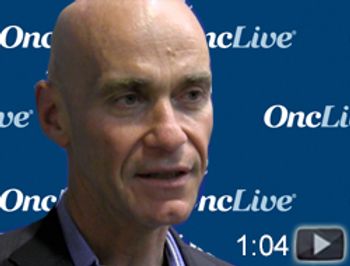
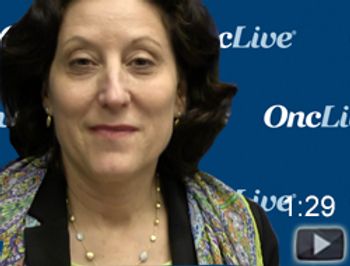

The European Medicines Agency has validated the marketing authorization application for neratinib as a potential extended adjuvant therapy for patients with HER2-positive early stage breast cancer following 12 months of trastuzumab.
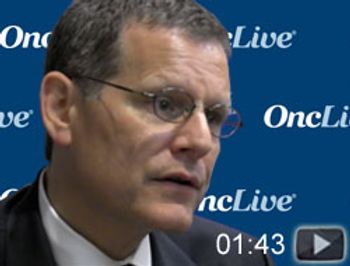
Clifford A. Hudis, MD, CEO, ASCO, discusses how oncologists should be helping patients with breast cancer overcome obesity.



